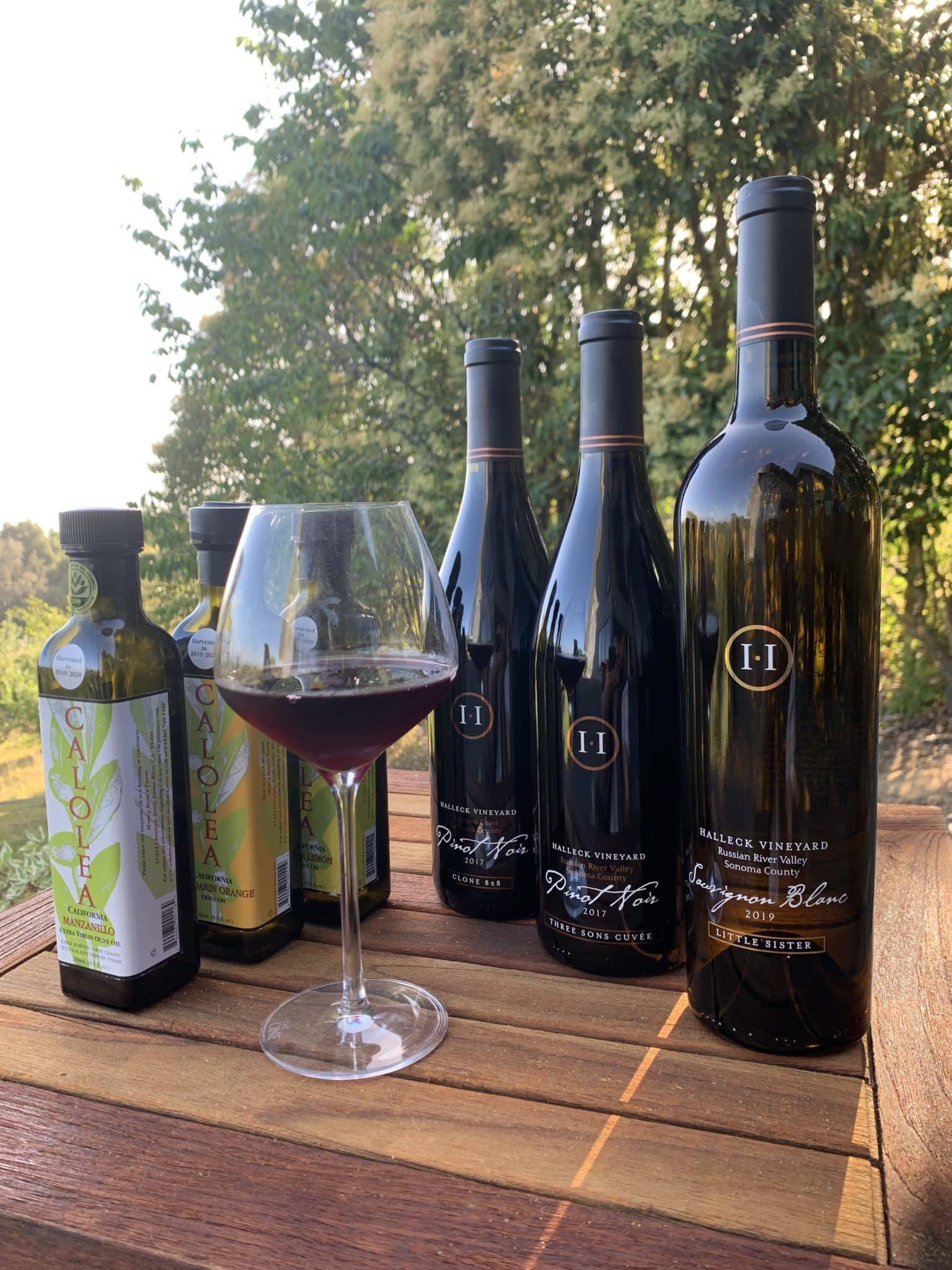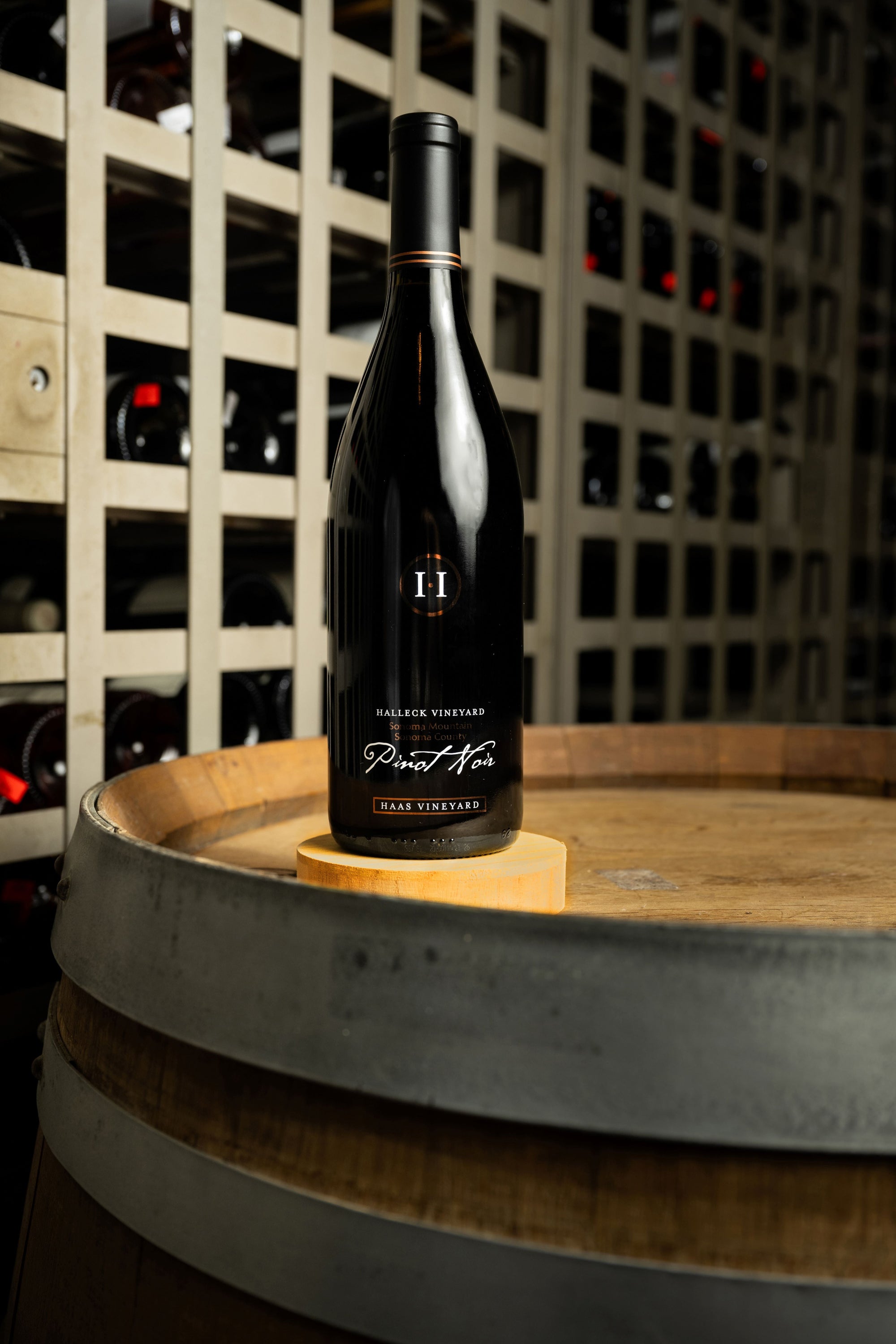Wineries With Beautiful Architecture - Sebastopol Wine Tours And Vineyards
Wineries With Beautiful Architecture - Sebastopol Wine Tours And Vineyards
Blog Article
Wineries With Beautiful Architecture - Top Sonoma Wineries To Visit
Wine tasting is commonly considered an art type, one which goes beyond merely having fun with a beverage. It embraces a posh interplay of flavors, aromas, and textures that requires devoted practice to truly master. Many who enterprise into the world of wine tasting shortly understand that it involves rather more than simply sipping wine. Improving sensory skills via dedicated winery wine tasting can elevate the experience, transforming an off-the-cuff drinking occasion into a complicated exploration of the senses.
At a primary level, wine tasting engages the senses of sight, odor, style, touch, and even sound. Every element performs an important function in appreciating the nuances of a wine. When one first pours a glass of wine, the rich hues can present initial insights into its age and varietal. Observing the colour and readability helps form expectations concerning the wine's flavor profile. Many don’t totally respect how this visible assessment can set the stage for what's to observe.
The next step is to engage the sense of odor. Swirling the glass aerates the wine, permitting its unstable compounds to escape and fill the air with its bouquet. The nose entails some fascinating layers—different aromas can sign varied aspects of the winemaking course of, including the sort of grapes used, fermentation methods, and aging circumstances. Creating a eager sense of scent can be a game-changer in wine tasting.
Innovative Wine-Making Techniques In Sonoma Valley - Wine Tasting Activities In Sebastopol
To improve this sensory skill, wine enthusiasts are often inspired to participate in devoted tastings at wineries. These tastings enable individuals to focus solely on the sensory experience (Charming Wineries With Views In Sonoma Valley). Tasting classes led by knowledgeable sommeliers or winemakers can provide insights into identifying distinct aromas. Studying to differentiate between floral, fruity, earthy, and spicy notes can empower a taster to articulate their experience with larger precision.
As one practices their sensory abilities, they might discover that their style preferences evolve. This transformation typically occurs after multiple tastings. A wine that initially seemed overwhelming would possibly reveal hidden layers of complexity with a bit of experience. Understanding tips on how to isolate individual flavors corresponding to acidity, sweetness, bitterness, and umami contributes substantially to the general wine experience.
Another essential component in improving sensory skills is the context during which wine is tasted. Environmental factors like temperature, lighting, and even the corporate current can influence perceptions. At a winery, an optimum setting can cut back distractions and enable a extra profound exploration of the wine (Family-Friendly Wineries Near Sebastopol). Training mindful tasting techniques encourages a extra immersive experience, permitting tasters to hone in on their senses.
It isn't solely about particular person perception, although. Partaking with others throughout a tasting can also improve sensory skills. Sharing notes and discussing impressions fosters a deeper understanding of the wine. This collaborative approach encourages individuals to articulate their sensory experiences, thereby broadening their linguistic repertoire associated to wine tasting.
Cultural Wine Experiences In Sonoma County - Sonoma Wine Tasting Recommendations
Moreover, pairing wine with food can significantly enhance the tasting experience. Completely Different combos can convey out unique flavors in each the wine and the dish. As one tastes a wine alongside particular foods, they can begin to recognize how certain components within the wine complement or contrast with what they're consuming. This skill of pairing is another layer that enriches sensory development.
Coaching one’s palate can involve a selection of exercises. Some enthusiasts have interaction in systematic tasting experiences, sampling a variety of wines that showcase completely different varietals, areas, or vintages. Exploring this diversity can sharpen the flexibility to discern nuances throughout totally different wine profiles. Over time, this practice builds a mental library of flavors that can be accessed during future tastings.
Notably, written notes serve a twin objective: organizing one’s ideas and reinforcing memory. By writing down observations about every wine, tasters can observe their progress over time. Detailing the characteristics of wines assists in solidifying information, ultimately deepening one’s appreciation of what they devour.
Moreover, attending workshops or classes centered on sensory evaluation may also be helpful. Many wineries provide these instructional programs to assist people refine their skills. Typically, trained instructors guide members through structured tastings, specializing in specific components of the wine. This level of schooling reinforces the sensory skills asynchronously and challenges tasters to contemplate their experiences from totally different angles.
Exclusive Wine Clubs In Sonoma - Wine Tasting Experiences In Sebastopol
Over time, the commitment to improving sensory skills through dedicated winery wine tasting can yield significant rewards. The enjoyment derived from wine turns into layered and multifaceted. No longer restricted to a easy desire for "red" or "white," tasters begin to appreciate the stories behind each pour. They cultivate a palette capable of navigating the complex landscape of flavors with confidence.
In conclusion, the journey of enhancing sensory skills through dedicated winery wine tasting is as rewarding as it best winery in Sonoma is enjoyable. It requires focus, commitment, and a willingness to learn, but the outcomes far exceed the initial effort. By engaging a number of senses and collaborating in considerate discussions, individuals not only become more proficient at figuring out flavors but additionally develop a deeper appreciation for the craftsmanship behind every bottle. The process transforms wine from a mere beverage into a rich tapestry of sensory exploration that beckons enthusiasts to delve deeper. As skills enhance, so too does the enjoyment, enriching life experiences one sip at a time.
Charming Wineries With Views In Sonoma Valley - Family-Owned Wineries In Sonoma
- Partaking the palate by way of diverse wine varieties enhances the ability to inform apart flavors and aromas, refining total sensory notion.
- Participating in guided tastings promotes targeted consideration on refined characteristics of each wine, nurturing crucial tasting skills.
- Learning to determine particular grape varieties fosters a deeper understanding of terroir, which aids in recognizing regional flavor profiles.
- Incorporating food pairings throughout tastings can heighten sensory consciousness, as different tastes can influence each other and alter perceptions.
- Training the art of swirling and nosing wines permits individuals to attach olfactory cues with style, bettering the ability to articulate sensory experiences.
- Attending workshops that emphasize blind tastings trains individuals to rely purely on their senses quite than preconceived notions, enhancing objectivity.
- Elevating sensory skills can result in better wine choice skills, empowering individuals to make informed selections primarily based on personal preferences.
- Participating with educated sommeliers offers insights into wine-making processes, which deepens sensory appreciation and enhances vocabulary for describing wines.
- Common participation in tastings encourages reminiscence growth of flavors and aromas, aiding within the formation of a personalized sensory profile over time.
- Sharing tasting experiences with friends fosters dialogue, selling communal studying that may enhance individual sensory skills through collaboration.undefinedWhat is the purpose of improving sensory skills through wine tasting?

Bettering sensory skills via wine tasting allows people to reinforce their ability to establish and respect the various aromas, flavors, and textures of wine. This heightened sensory consciousness can lead to a deeper understanding of wine and an total enriched tasting experience.
Wineries With Unique Wine Blends - Sonoma Area Winery For Tasting
How can I develop my sensory skills at a winery?
You can develop your sensory skills at a winery by taking part in guided tasting classes that target particular varietals. Have Interaction with educated workers who can present insights and encourage you to take notes on your impressions, enhancing both your observational and descriptive abilities.
What should I count on throughout a devoted wine tasting experience?
Wineries Renowned For Cabernet Sauvignon In Sonoma - Sonoma Wine Country Wineries To Explore
During a dedicated wine tasting experience, anticipate to pattern a choice of wines whereas receiving focused training about each. You May be taught in regards to the winemaking course of, tasting techniques, and how to discern different sensory characteristics, all in a relaxed environment.

Is prior information of wine essential to benefit from a sensory skills workshop?
- Wine Tasting Trails In Sonoma Valley
No prior data of wine is necessary; the workshops are designed for all ranges of experience. Novices will find useful data to build from, while seasoned tasters can refine their skills and broaden their palate even further.
How do sensory skills influence my total wine appreciation?
Wineries With Unique Tasting Experiences - Wineries Near Sebastopol For Tasting
Enhancing sensory skills significantly enhances your total wine appreciation by allowing you to establish subtleties and complexities in wines. This deeper understanding enriches your tasting experience and helps you make knowledgeable selections primarily based on personal preferences.
Are there specific techniques I ought to use whereas tasting wine to improve my sensory skills?
Good Wineries For Large Groups In Sonoma Valley - Sebastopol Wine Country
Sure, using techniques such because the "SWOT" technique (Sight, Swirl, Odor, Sip, Savor) could be useful. Pay attention to visite site the wine's appearance, aromatics, and mouthfeel, and take your time with every sip to totally discover the flavors and sensations.
What sort of wines are typically included in sensory skills tastings?
Usually, sensory skills tastings embrace a variety of wines that showcase different areas, varietals, and styles. This variety helps participants establish distinct characteristics and enhances their ability to distinguish between wines.
Can sensory skills workshops be personalized to my tasting interests?
Small Batch Wineries In Sonoma Valley - Tasting Rooms In Sebastopol
Many wineries offer personalized options for sensory skills workshops, permitting you to give consideration to particular forms of wines or themes that curiosity you, similar to organic wines or unique regional offerings. It's best to inquire directly with the winery for tailor-made experiences.
Is there a approach to practice sensory skills after leaving the winery?
Sure, you can practice your sensory skills at home by tasting totally different wines and keeping a tasting journal. Experimenting with various food pairings and aromatics can additional improve your understanding of how flavors work together, reinforcing the talents gained at the winery. Report this page